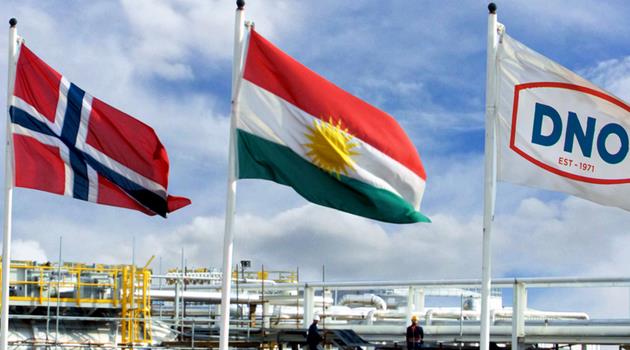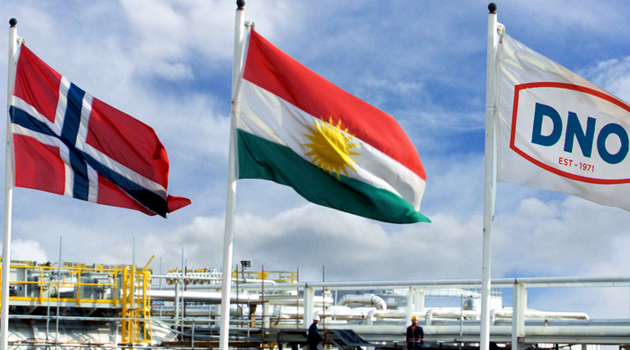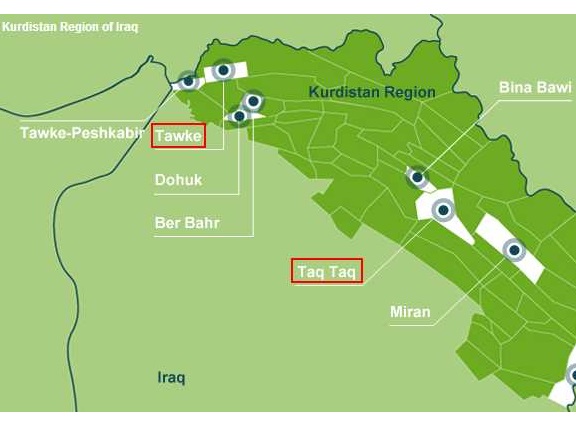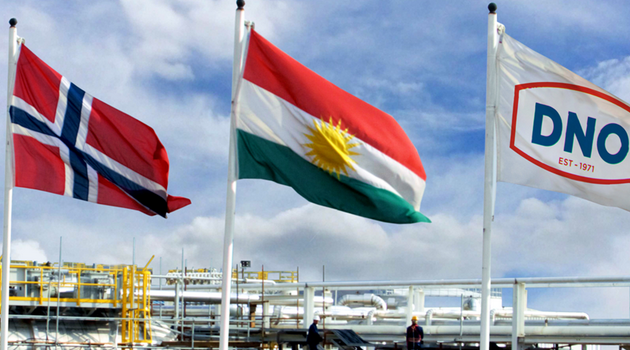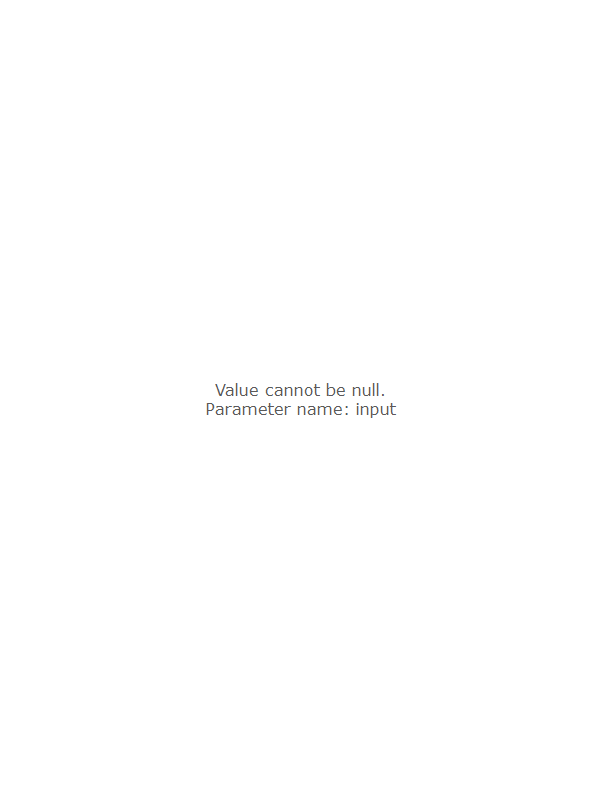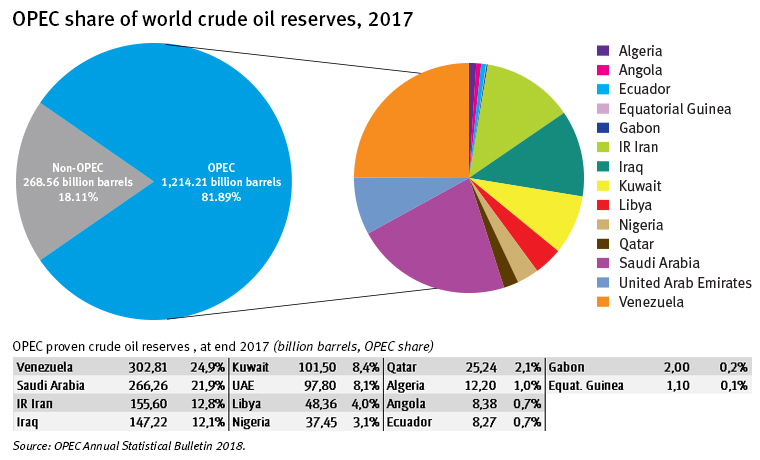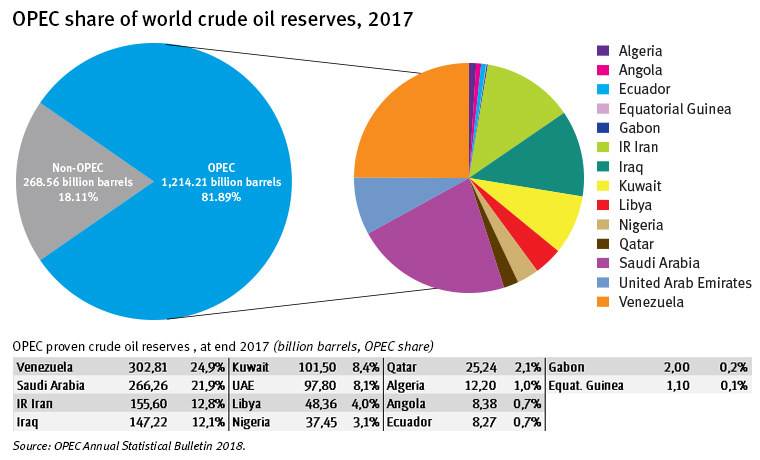By John Lee.
Shares in DNO ASA, the Norwegian oil and gas operator, were trading down 7.5 percent on Thursday morning, after the company reported a net loss for the third quarter.
The company reported what it described as strong third quarter revenues of USD 227 million, up 33 percent from a year earlier, on the back of solid production averaging 99,300 barrels of oil equivalent per day (boepd) on a Company Working Interest (CWI) basis, up 22 percent year on year.
In its statement, the company added:
Notwithstanding strong underlying performance, 2019 third quarter results were impacted by non-recurring items as well as lower oil prices and higher exploration expenses, resulting in a net loss of USD 96 million.
In the Kurdistan region of Iraq, third quarter production at the Tawke license containing the DNO-operated Tawke and Peshkabir fields (shared 75-25 with partner Genel Energy plc) averaged 119,800 barrels of oil per day (bopd). The Company expects to exit the year with Tawke license production averaging 120,000 bopd and to maintain this rate into 2020. The Company recently reached a significant milestone of 300 million barrels of cumulative oil production from the Tawke and Peshkabir fields.
Activity remains high as the Company continues to deliver its largest drilling campaign in its 48-year history with some 36 wells in 2019, of which 22 are development/infill wells and 14 exploration/appraisal wells. DNO projects full-year operational spend of USD 620 million (post-tax), of which USD 454 million was spent through the end of the third quarter, including USD 244 million in Kurdistan and USD 210 million (post-tax) in the North Sea.
Financial results were impacted by impairment charges of USD 138 million, including USD 89 million for technical goodwill on the Brasse discovery (Norway) and USD 33 million for decommissioning of the Schooner and Ketch fields (United Kingdom).
With USD 228 million in cash from operations during the third quarter, the Company resumed its share buyback program and acquired 23 million shares at a cost of USD 35 million, lifting its overall stake to 58 million treasury shares, representing 5.35 percent of the total outstanding shares at end quarter. DNO also bought back an additional USD 17 million of FAPE01 bonds during the quarter.
DNO maintained its previously approved dividend distribution program with another semi-annual payment of NOK 0.20 per share to be made on 4 November 2019.
“We continue to deliver across a range of operating and financial targets even as we paused this quarter for early spring cleaning of our balance sheet,” said DNO’s Executive Chairman Bijan Mossavar-Rahmani. “Given global headwinds, we are budgeting at the low end of the industry’s Brent price range of USD 60-70 per barrel,” he added.
CWI production during the third quarter included 84,400 bopd from Kurdistan and 14,900 boepd from North Sea assets acquired earlier this year.
In 2019, nine wells were spud in Kurdistan through the end of the third quarter, with an additional ten wells planned for the fourth quarter. In the North Sea, 13 wells were spud through the end of the quarter, with an additional four wells planned for the fourth quarter, including DNO’s first operated exploration well, Canela, in the North Sea since 2007.
DNO exited the third quarter with a cash balance of USD 624 million in addition to USD 110 million in treasury shares and marketable securities.
(Source: DNO)

